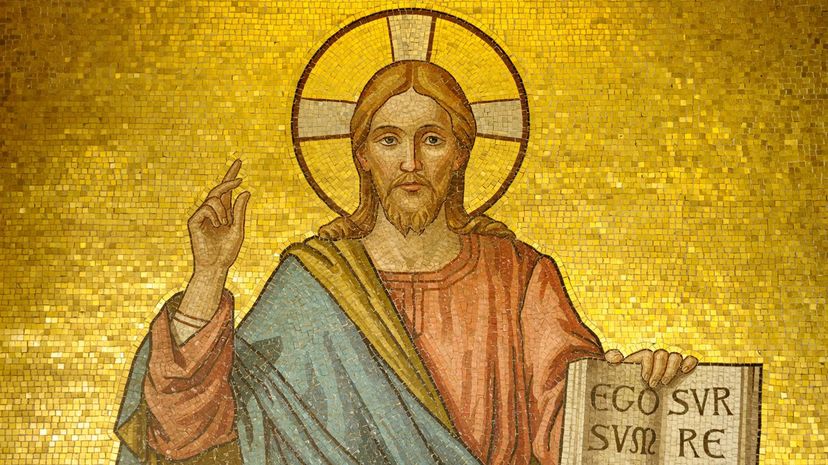
About This Quiz
Have faith that we won't lead you astray on this biblical figures identification quiz. Certainly, folks of ancient times were too busy carving out Christian history - healing the sick, raising the dead, conquering wicked nations, etc. - to care much about how they looked doing it all. That's why we stretch the holy imagination by offering renditions of what these Christian heroes might have looked like back then based on one or more biographical facts. Choose the obvious choices to score big on this religion challenge.
Knowing that Judas Iscariot loved silver pieces more than he loved righteousness, you might correctly ID an image of the disloyal disciple gripping coinage. Moreover, the disciple Peter held serious reservations about the son of God washing his humble feet, so Peter's images could very well prominently feature feet.
Identifying Old Testament folks is just as easy. Prophetess Deborah was a judge and a warrior, so it's not far-fetched to catch her likeness wielding a mighty sword. And speaking of weaponry, it's very likely that an image of Jezebel would include serious artillery since the pagan-worshiping queen to king Ahab was responsible for slaying a great many prophets of God in her corrupt heyday.
We invite you to arm yourself with the right biblical facts and do much better than okay on this Bible ID exercise!
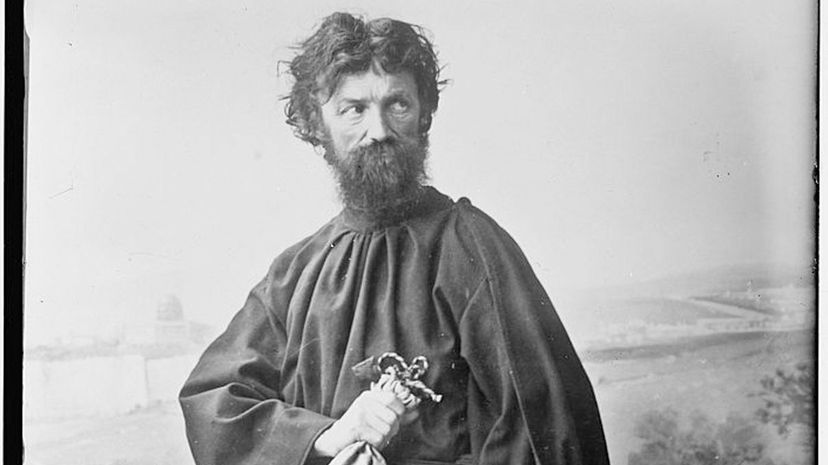
John 13:29 confirms that "Judas had the bag" and was tasked with purchasing the disciples' needs. The money man ultimately betrayed Jesus for "thirty pieces of silver," according to Matthew 27:3.
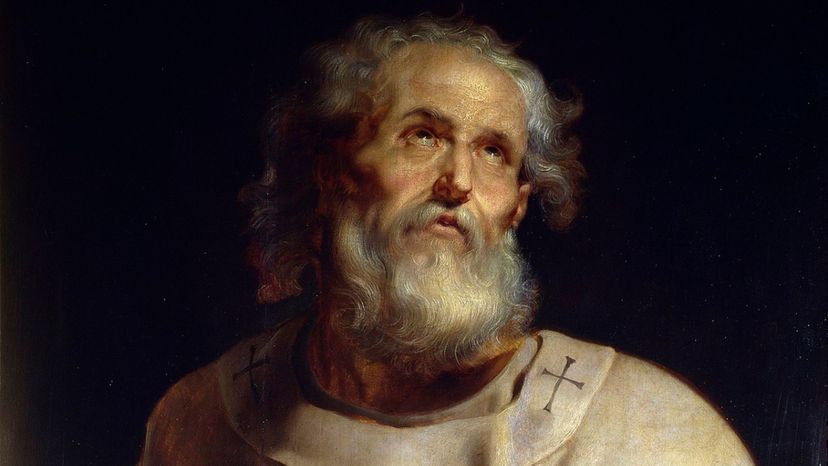
John 13 includes the story of Jesus washing the disciples' feet. Before the feast of Passover and after supper had ended, Jesus "took a towel, and ... began to wash the disciples' feet ..." When Jesus "cometh he to Simon Peter," Peter questioned the act.
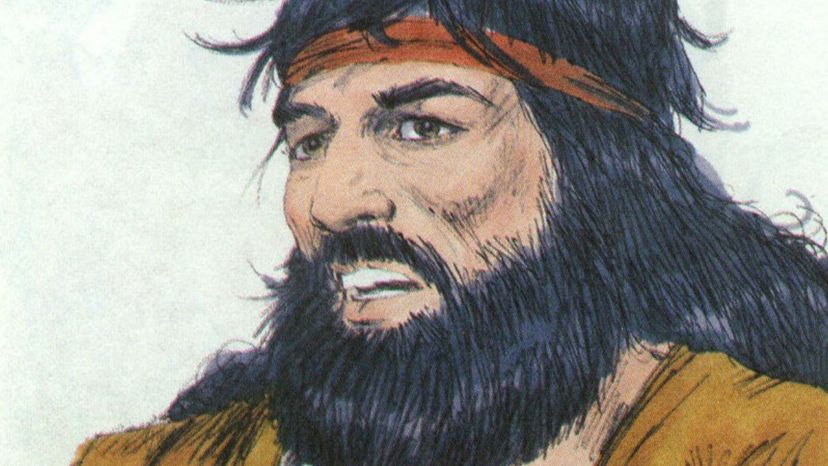
The referenced quote is taken out of 1 John 1:7, in which the disciple informs believers about false doctrine. John encourages the early Christians to "walk in the light" of God's word.
Advertisement
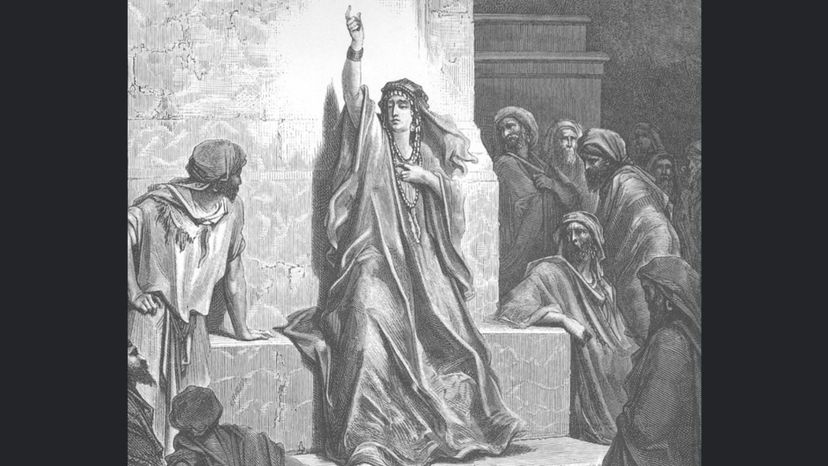
Not only was Deborah the only female judge of Israel, but she was also a prophetess and a warrior. She accompanied the military general Barak in a war against King Jabin's army after God advised her that he had sanctioned Jabin's defeat at the hands of Israel.
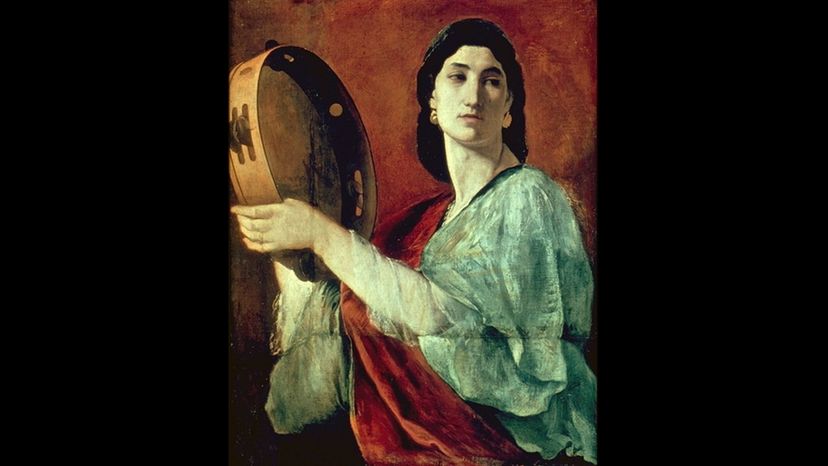
Exodus 15 explains that Miriam was a"prophetess, the sister of Aaron." Numbers 12 asserts that Miriam was "shut out from the camp seven days" because she and Aaron had questioned Moses's integrity.
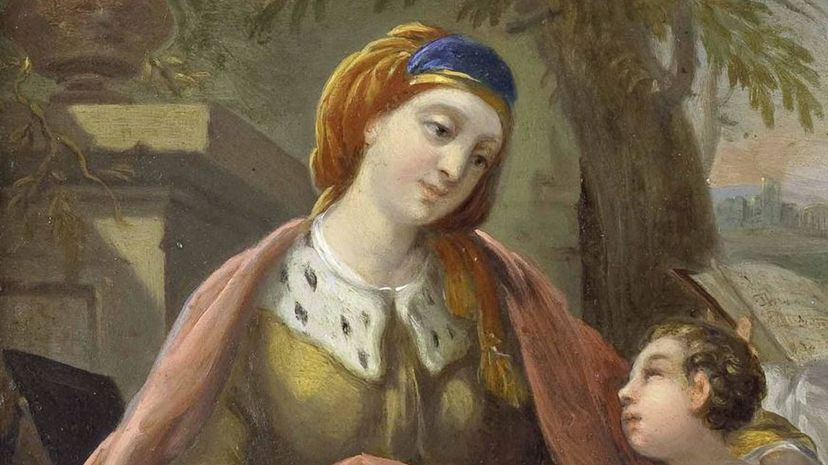
In Luke 1:36, an angel of God intimates to Elizabeth's cousin Mary that Elizabeth "hath also conceived a son in her old age ..." The book goes on to explain that the child, who later would be called John the Baptist, was first named "Zacharias, after the name of his father."
Advertisement
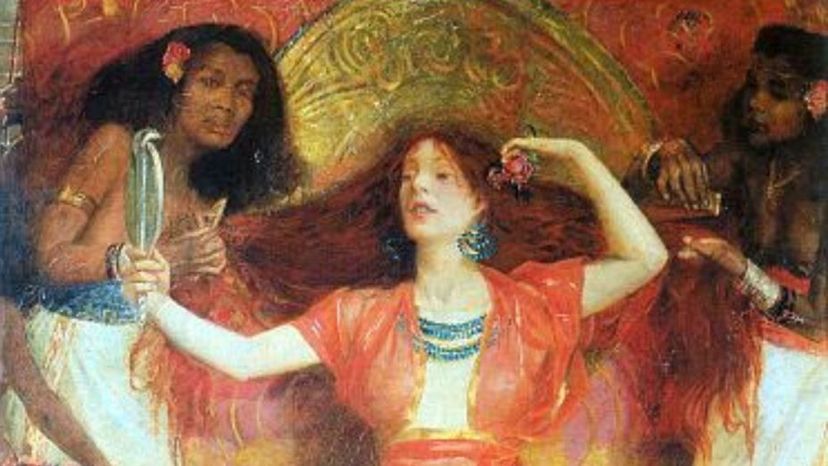
Obadiah hid one hundred prophets of God from Jezebel. First Kings 18 establishes, "For it was so, when Jezebel cut off the prophets of the Lord, that Obadiah took an hundred prophets, and hid them by fifty in a cave ..."
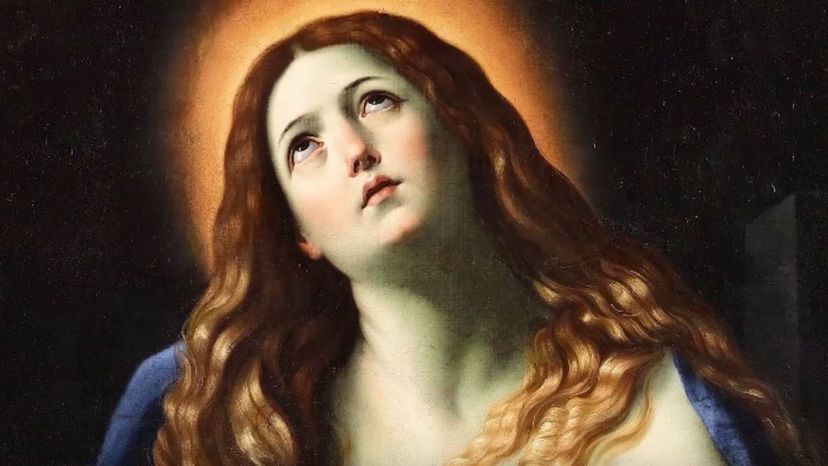
Mark 16:9 plainly states that "when Jesus was risen early the first day of the week, he appeared first to Mary Magdalene, out of whom he had cast seven devils." Mary Magdalene had repeatedly showed her gratitude to Jesus by ministering to him and being present at his crucifixion.
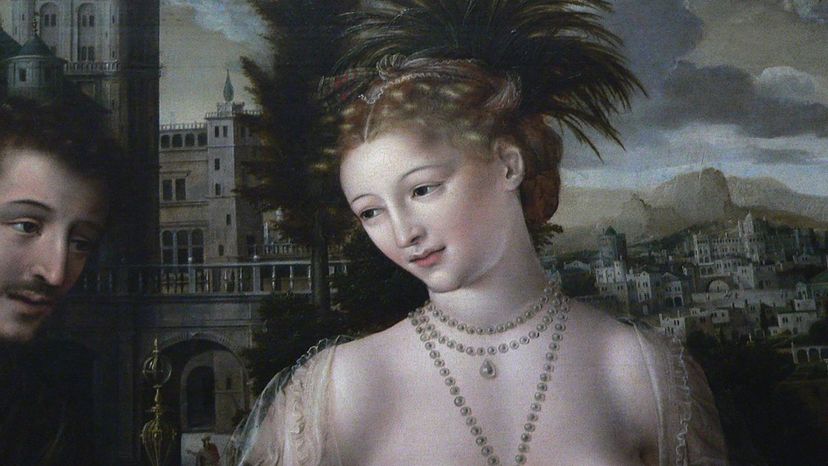
First Chronicles 3:5 refers to Bathsheba as "Bath-shua the daughter of Ammiel ..." and mother of Solomon, who was the son of David. Second Samuel 11 elucidates how David took Bathsheba, who had been the wife of Uriah the Hittite.
Advertisement
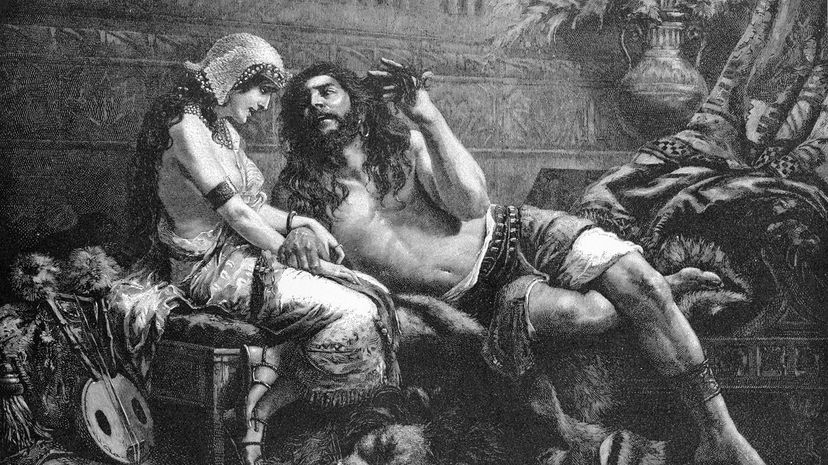
Judges 16 specifies how Delilah plotted with the lords of the Philistines to lure Samson to his ruin by coaxing him to reveal the source of his great strength. In the sixth verse, "Delilah said to Samson, Tell me, I pray thee, wherein thy great strength lieth ..."
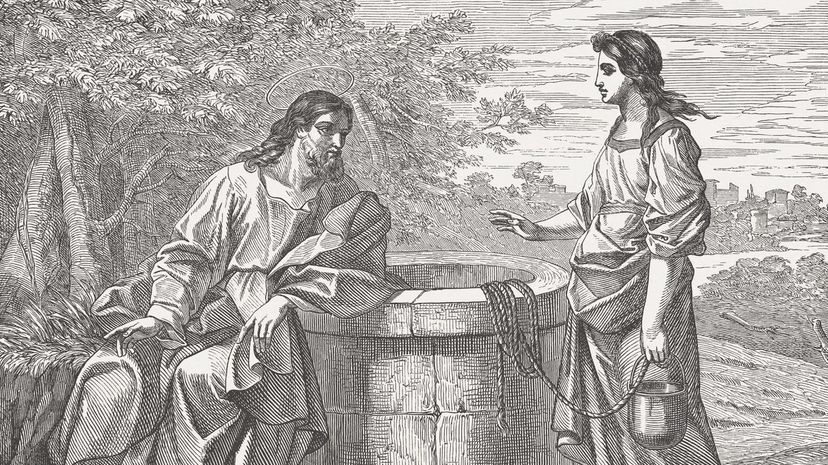
John 4 documents Jesus's explanation to the woman concerning living water that "[springs] up into everlasting life." The disciples "marveled that [Jesus] talked with the woman," since the Samaritans and Jews did not interact in those days.
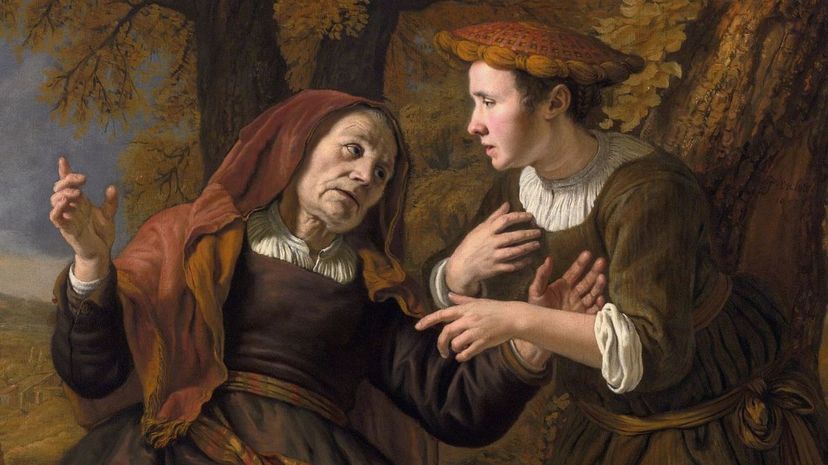
In the first chapter of Ruth, Naomi is identified as the wife of Elimelech and the mother of sons Mahlon and Chilion, one of whom had married Ruth, a Moabite. Eventually, Naomi lost her family; verse five informs that "Mahlon and Chilion died ... and the woman was left of her two sons and her husband."
Advertisement
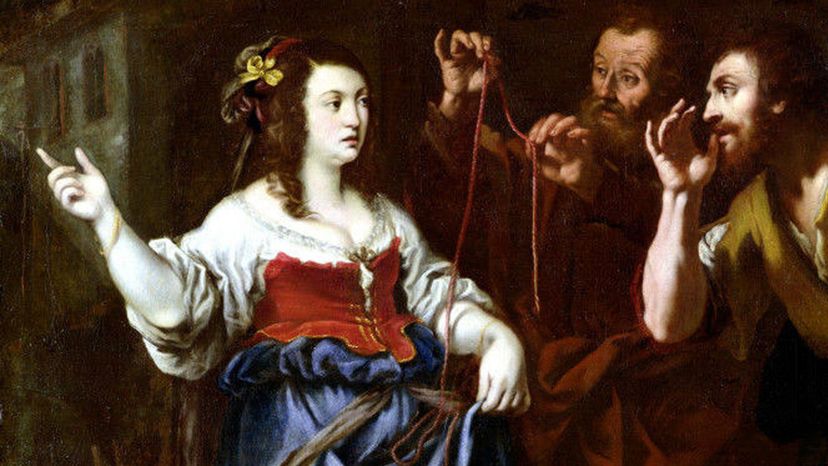
Ruth 4 records how Boaz took Ruth to be his wife after the death of her first husband. Rahab is listed in Matthew 1 as "Rachab," who begat Boaz or "Booz," in the lineage of Jesus Christ.
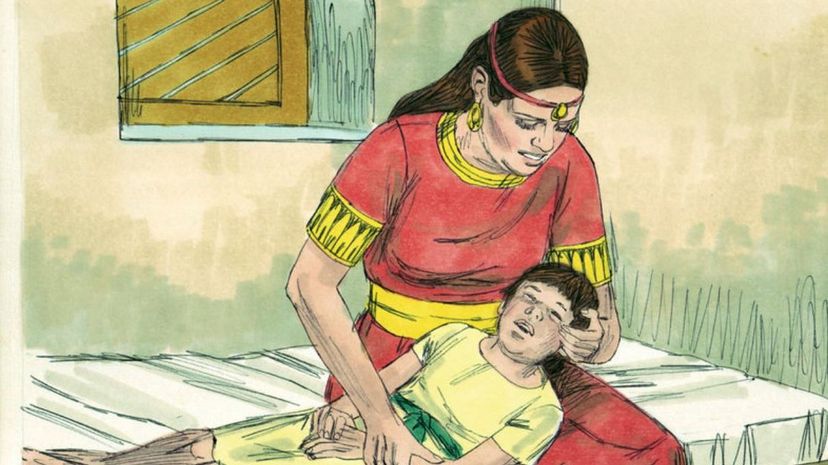
Second Kings 4 asserts that the Shunammite woman told her husband, "Let us make a little chamber ... and let us set for him there a bed, and a table, and a stool, and a candlestick ..." The woman had said of Elisha, who often traveled to Shunem, that she perceived him to be a "holy man of God ..."
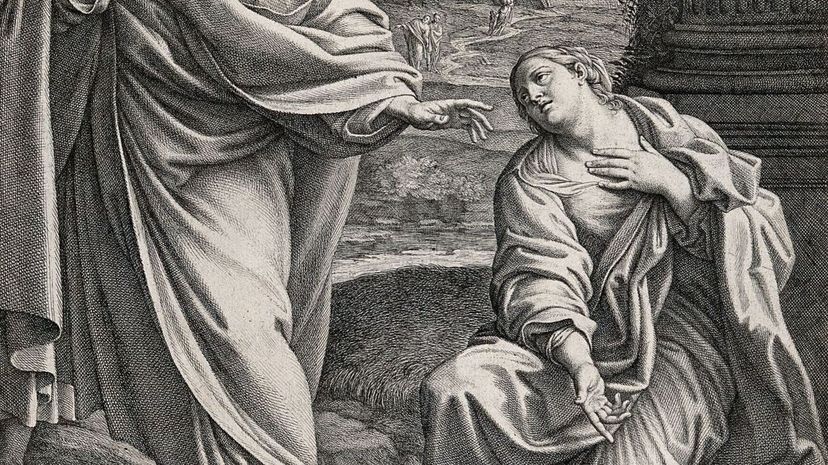
At first, Jesus denied help to the Syrophoenician woman, who pleaded with him saying "Have mercy on me, O Lord ... my daughter is grievously vexed with a devil," according to Matthew 15. But because of the woman's great faith, "her daughter was made whole ..."
Advertisement
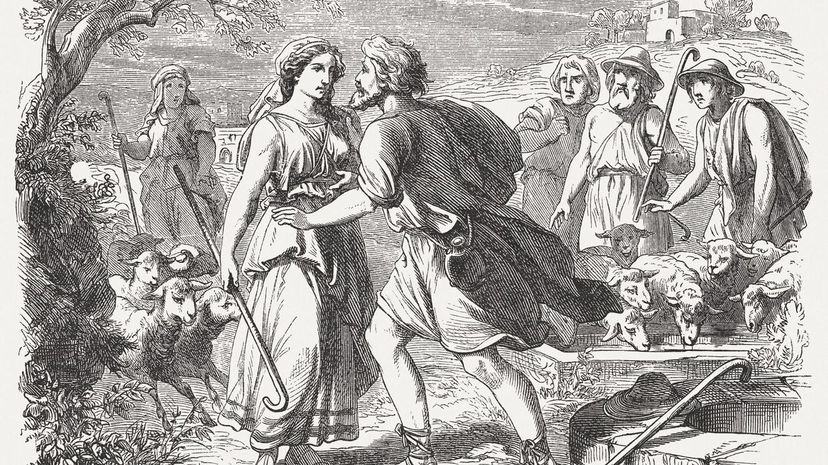
Genesis 35:24 explicitly confirms "the sons of Rachel; Joseph, and Benjamin." Joseph was the eleventh of Jacob's twelve sons and Rachel's firstborn child. Genesis 37:3 highlights that Jacob, who is Israel, "loved Joseph more than all his children, because he was the son of his old age ..."
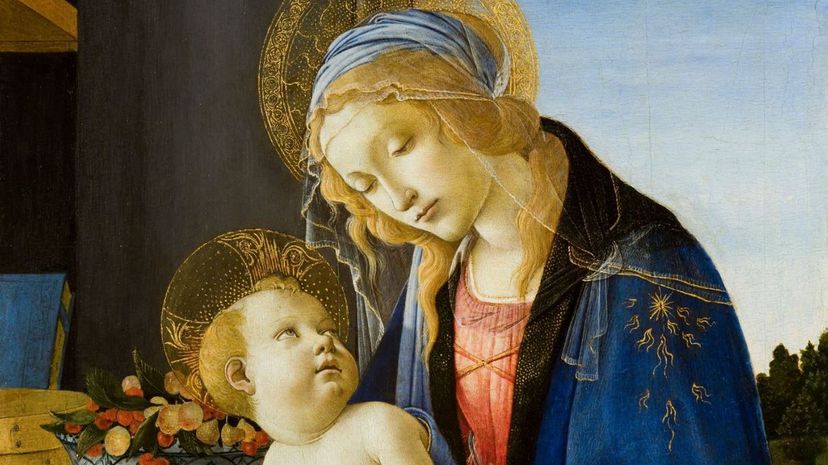
Luke 1 chronicles how "the angel came in unto [the Virgin Mary], and said ... thou that art highly favored, the Lord is with thee: blessed art thou among women." The angel goes on to explain that she would "bring forth a son, and shalt call his name Jesus."
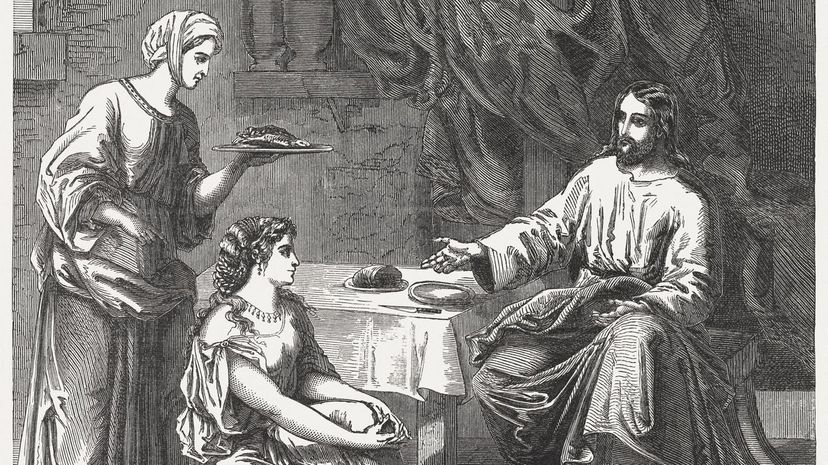
John 11:1 presents "Lazarus, of Bethany, the town of Mary and her sister Martha." The fifth verse shows that "Jesus loved Martha, and her sister, and Lazarus." Jesus instructed Martha, "the sister of him that was dead," to remove the stone to Lazarus's tomb so that Jesus could restore his life.
Advertisement
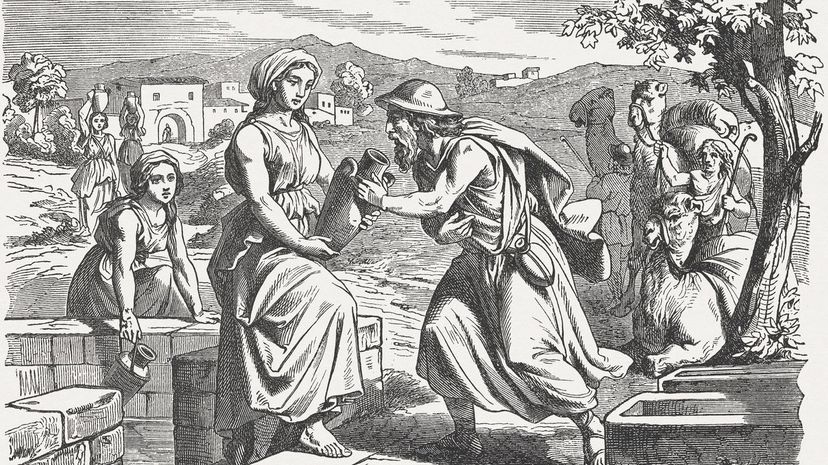
Genesis 24:67 communicates that at the time of his mother Sarah's death, Isaac "took Rebekah, and she became his wife ..." Genesis 25:20 further specifies that "Isaac was forty years old when he took Rebekah to wife ..."
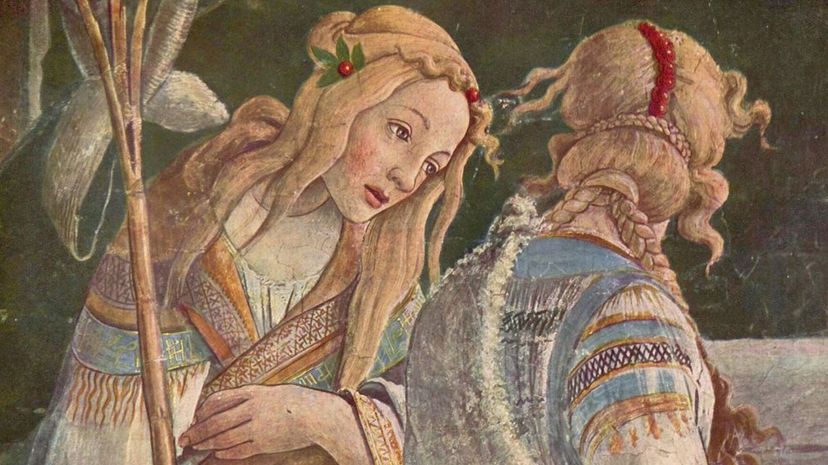
Moses "kept the flock of Jethro his father-in-law, the priest of Midian," according to Exodus 3:1. To prevent God from killing Moses for not adhering to circumcision law, Exodus 4 asserts that Zipporah "took a sharp stone, and cut off the foreskin of her son ..."
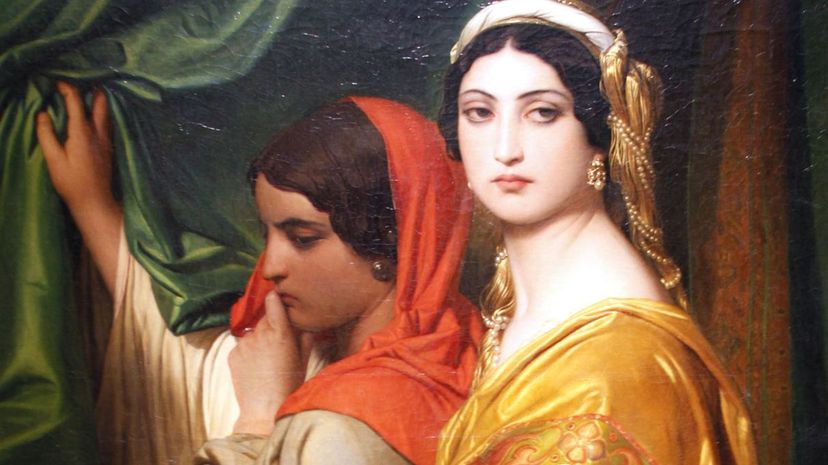
Matthew 14 maintains that Herod "had laid hold on John, and bound him, and put him in prison for Herodias' sake ..." John had informed Herod that it was not "lawful" for Herod to have Herodias, "his brother Philip's wife."
Advertisement
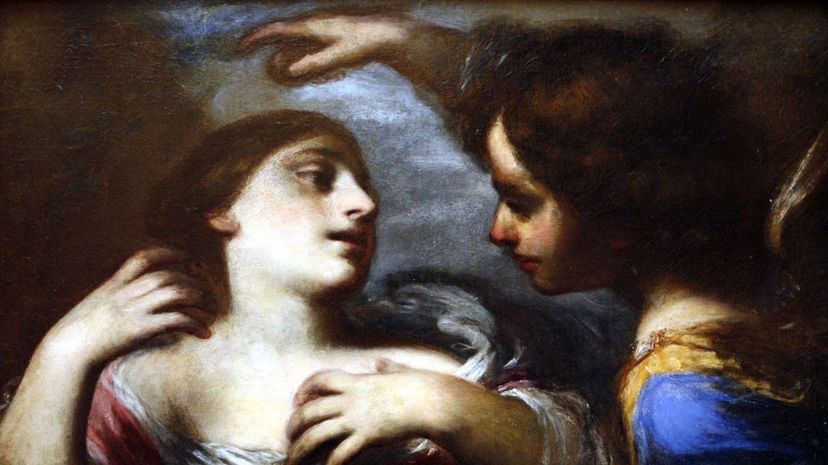
Genesis 16 teaches that Abram "went in unto Hagar, and she conceived ..." since Sarai could not conceive children at the time. Verse 15 mentions that "Hagar bare Abram a son: and Abram called his son's name ... Ishmael."
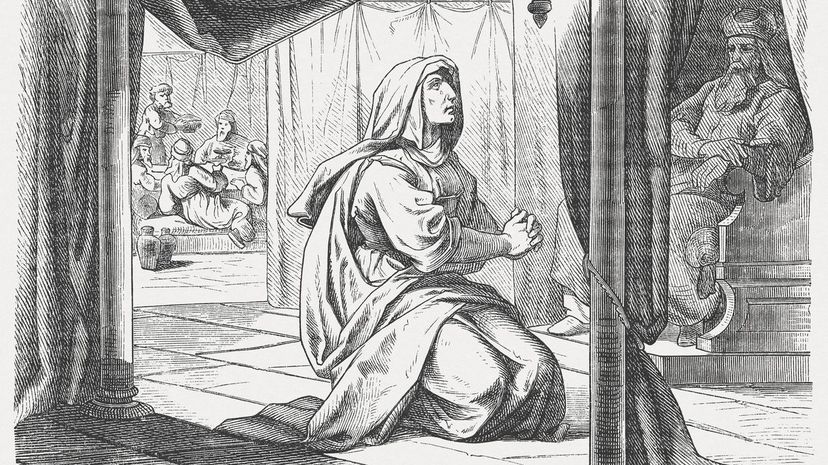
According to 1 Samuel 1, "Peninnah had children, but Hannah had no children." In light of Hannah's fervent prayer to God, she conceived Samuel, a prophet and the last of the judges.
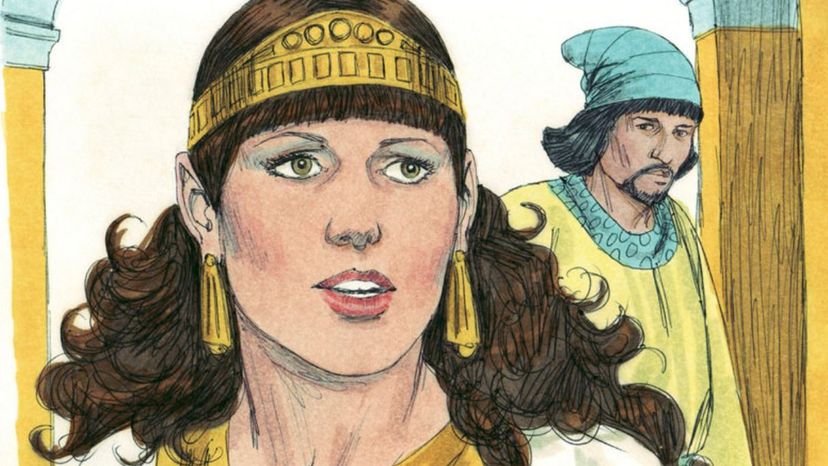
Esther 2 confirms that she was an orphan before she became the queen of Persia opposite Xerxes the king: "Mordecai brought up Hadassah, that is Esther ... for she had neither father nor mother ..." Esther hid her Jewish heritage, for she "had not shewed her people not her kindred ..." according to verse 10.
Advertisement
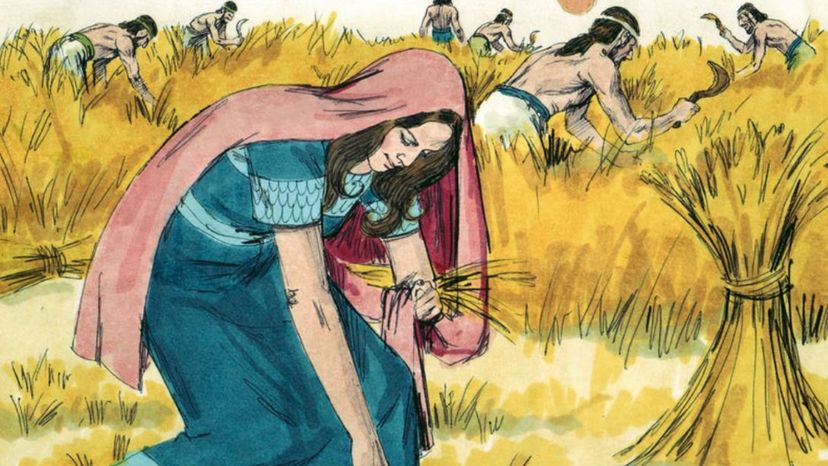
According to Ruth 1, the "Moabitess" was so dedicated to Naomi that she pledged loyalty to Naomi's people and God when she expressed, "Intreat me not to leave thee ... for whither thou goest, I will go ... thy people shall be my people, and thy God my God." Ruth was Naomi's daughter-in-law.
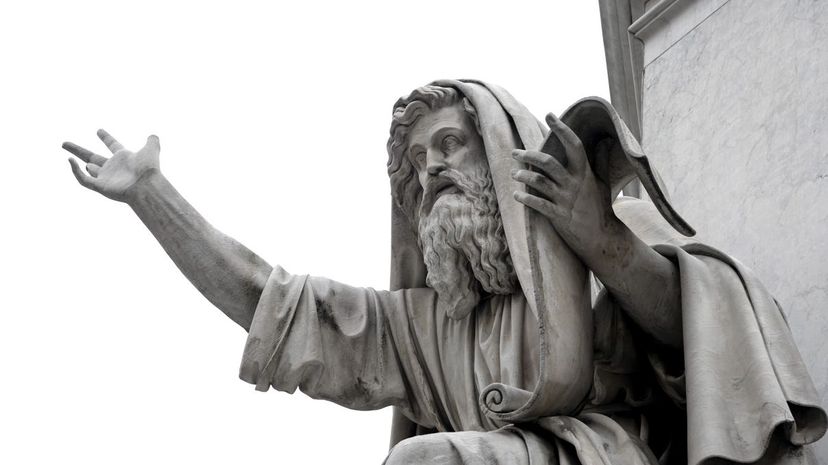
As recorded in Ezekiel 15, God promised to set his face against the inhabitants of Jerusalem "because they have committed a trespass ..." God promised that the inhabitants would burn "as the vine tree among trees of the forest, which [he] have given to the fire for fuel ..."
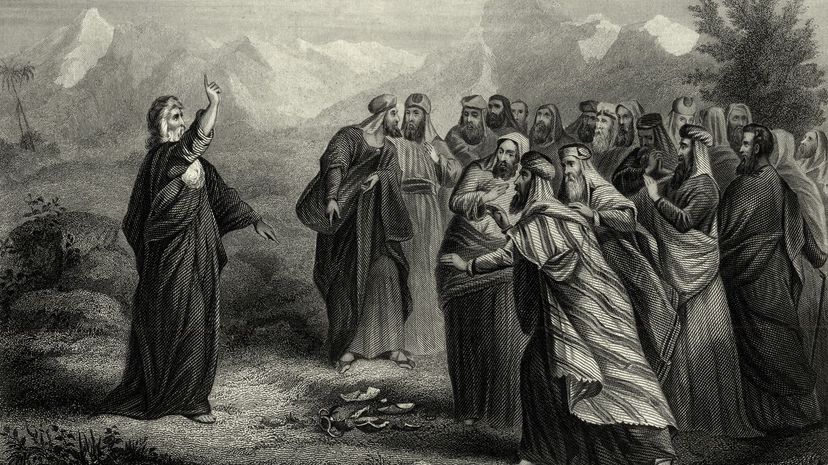
The prophet asserts that Hanameel was his uncle's son, in Jeremiah 32. Hanameel asked Jeremiah, "Buy my field ... that is in Anathoth ... for the right of inheritance is thine, and the redemption is thine ..."
Advertisement
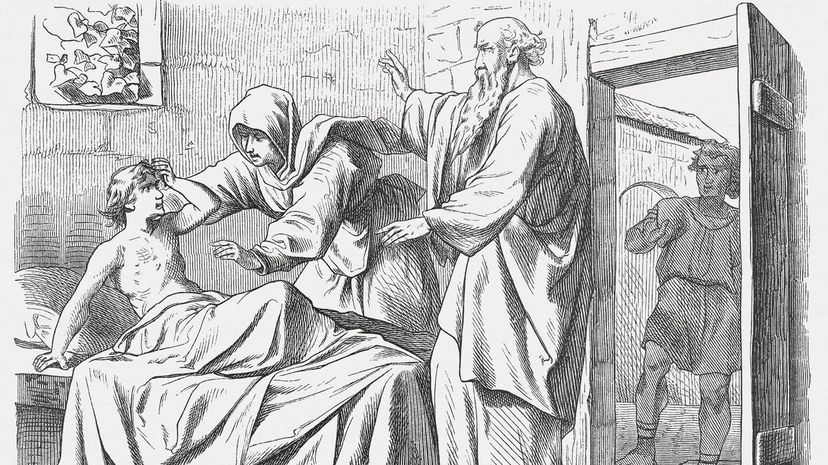
In 1 Kings 19, prophet Elijah "found Elisha the son of Shaphat ..." so that Elisha might follow him. And in 2 Kings 6, while the sons of the prophets ventured to expand their dwelling place, Elisha "cut down a stick, and cast it" in the water where an ax had been lost, "and the iron did swim."
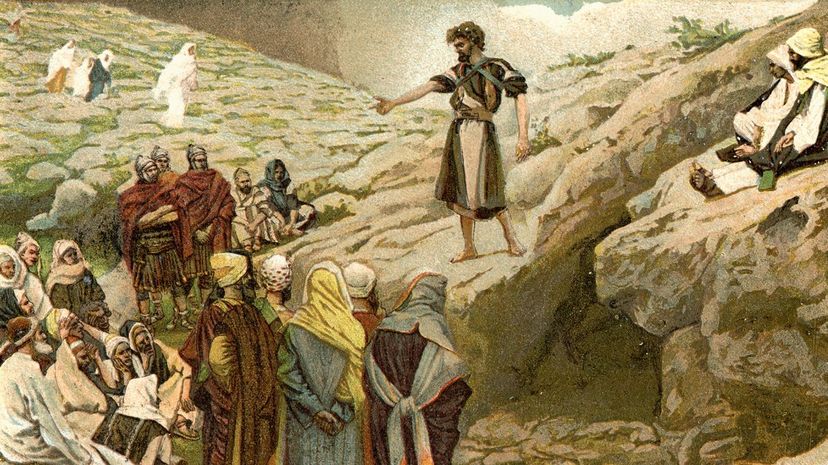
Matthew 3 highlights how John the Baptist preached repentance in the wilderness of Judaea. The third verse claims that he was the manifestation of prophet Esaias's words, "The voice of one crying in the wilderness ..."
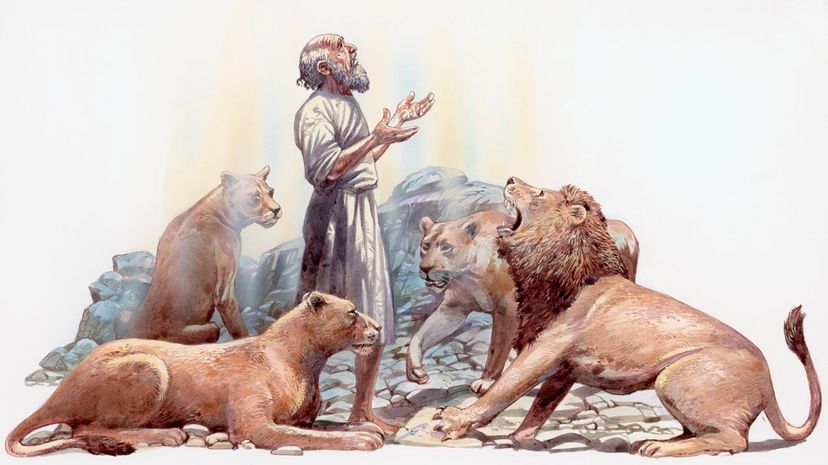
Daniel 1:8 maintains that the prophet "purposed in his heart that he would not defile himself with the portion of the king's meat, nor with the wine which he drank ..." Daniel's instinct regarding the king's sustenance ultimately proved his divine wisdom.
Advertisement
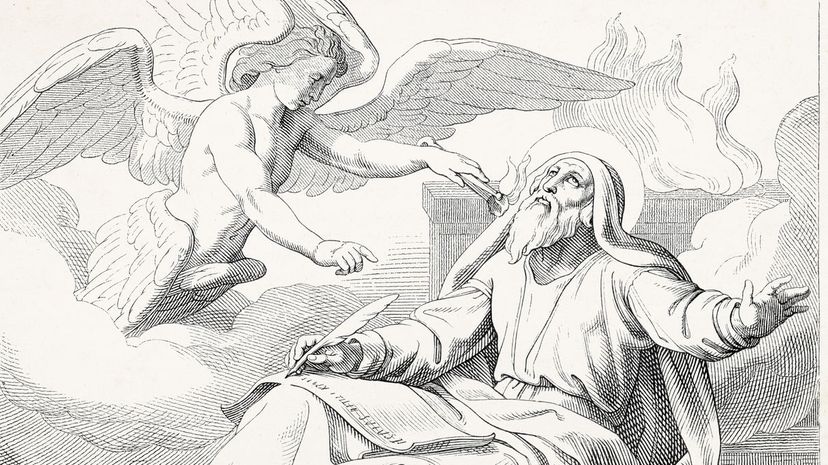
God told Isaiah to be without clothes and shoes, as documented in Isaiah 20. God commanded of him, "Go and loose the sackcloth from off thy loins, and put off thy shoe from thy foot," and Isaiah did so.
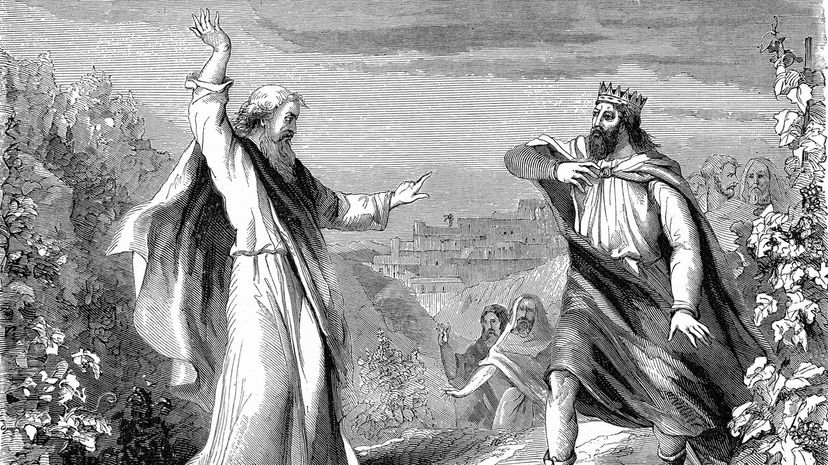
Elijah is identified as Elias in Matthew 17, which chronicles the story of Jesus' transfiguration. After Jesus "was transfigured ... and his face did shine as the sun, and his raiment was white as the light," Moses and Elijah appeared conversing with him.
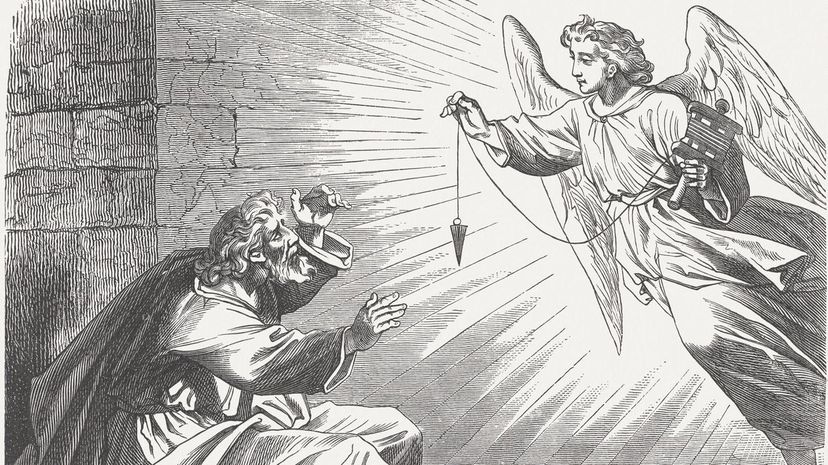
The first line in the Old Testament book of Zechariah identifies the prophet's father as Berechiah. Zechariah is well known for his vision of the golden candlestick and two olive trees.
Advertisement
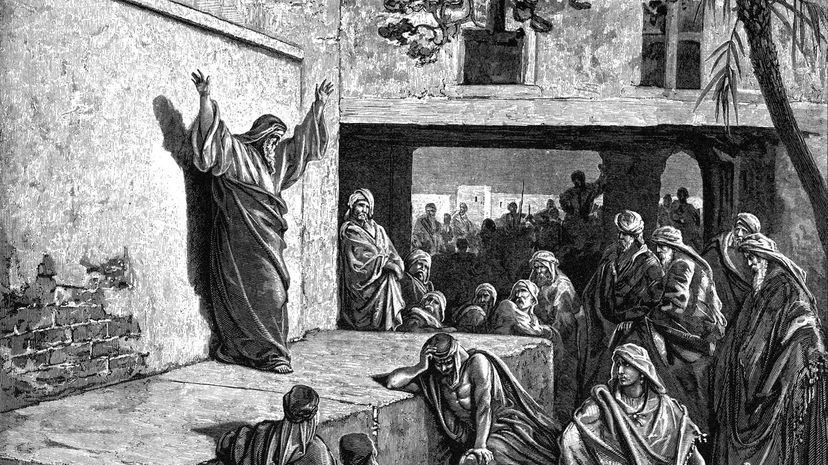
Born in the village of Moresheth-Gath, Micah foretold of Jerusalem's destruction, Babylonian captivity and the fall of Samaria. He's also credited for predicting the birth of God's ruler in Bethlehem of David's lineage.
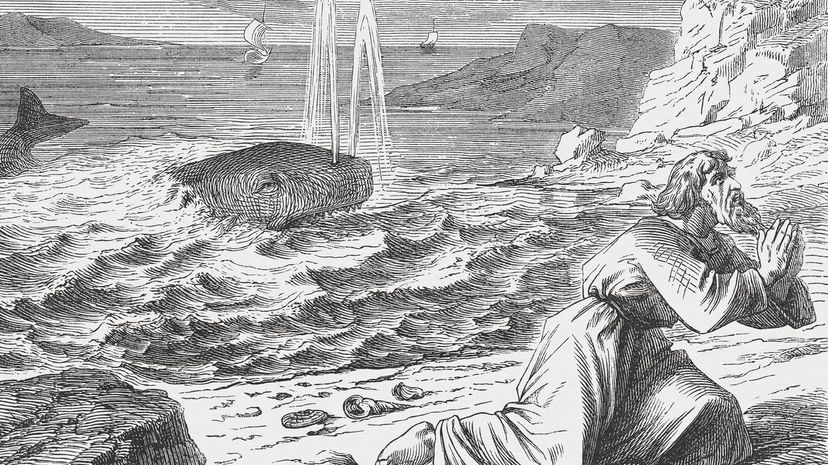
Jonah 1:17 states that "the Lord had prepared a great fish to swallow up Jonah" because he had evaded God's order that he prophesy against Nineveh "for their wickedness." The scripture states that Jonah was in the fish's belly for three days and three nights.
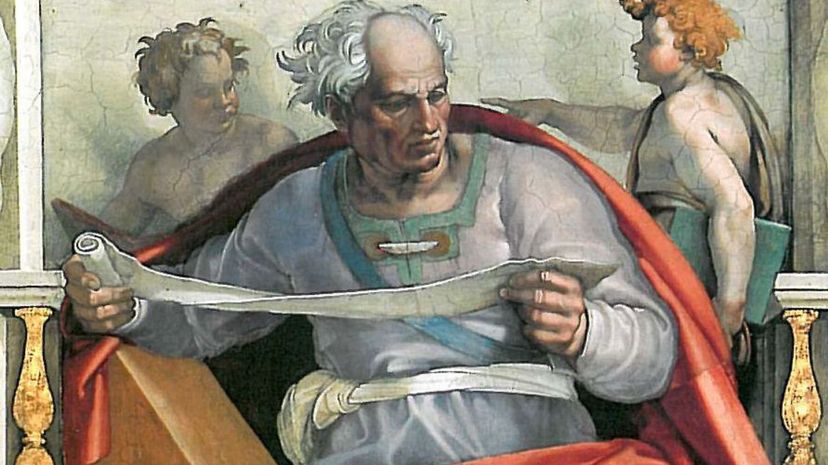
Joel 1:4 offers the prophet's words: "That which the palmerworm hath left hath the locust eaten; and that which the locust hath left hath the cankerwork eaten ..." Joel's words foretold of a plague of insects against Judah.
Advertisement
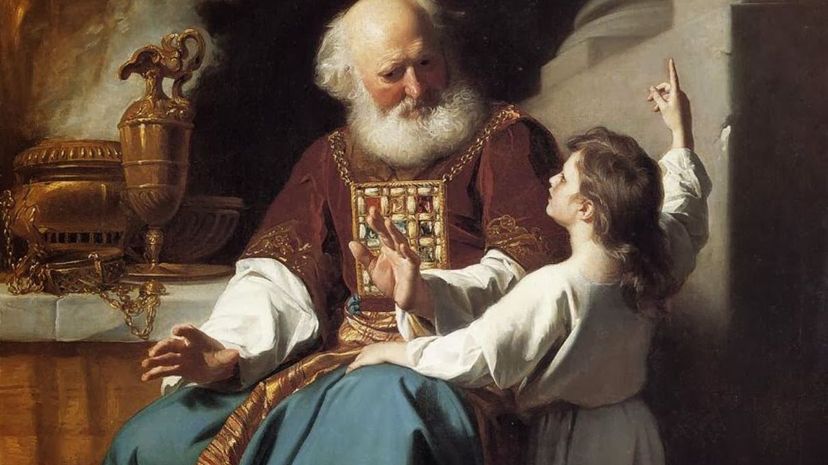
Eli was tasked with the rearing and training the prophet Samuel in the ways of God. After Samuel had been weaned, his mother Hannah brought "the child to Eli," according to 1 Samuel 1:25.
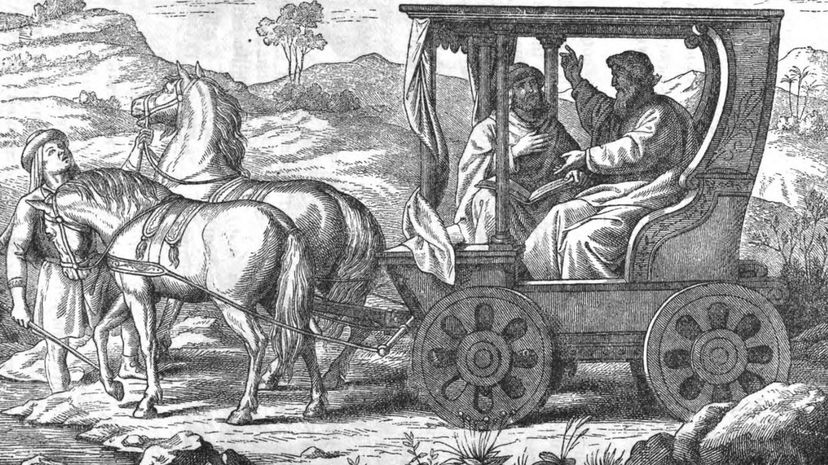
Philip's words are recorded in John 14:8. The disciple exhibited confusion concerning Jesus's explanation that he and the Father are one and the same. Jesus responded that whomever "hath seen me hath seen the Father; and how sayest thou then, Shew us the Father?"
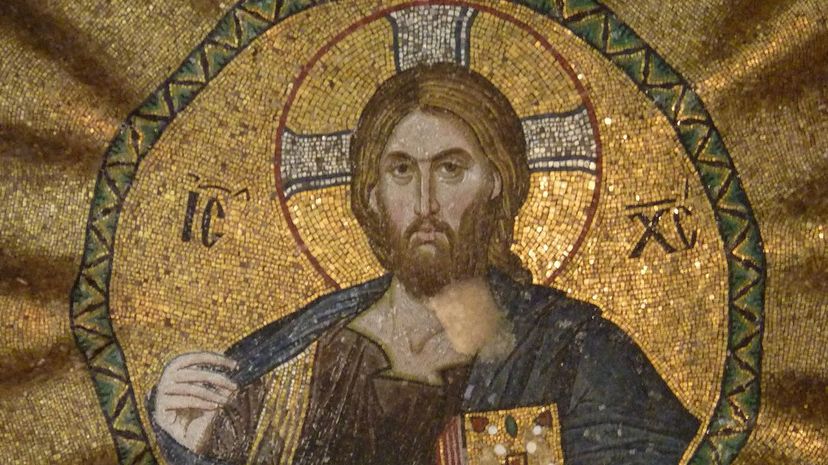
Jesus, the central figure of the New Testament, is described as a prophet and the son of God. In the Old Testament, the prophet Isaiah foretold that Jesus would be "wounded for our transgressions ... bruised for our iniquities ..."
Advertisement
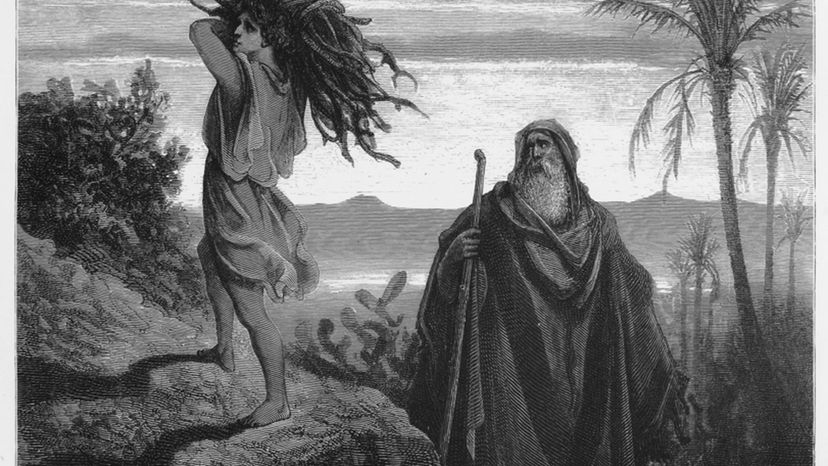
Abraham was still Abram when "the Lord had spoken unto him ..." when he was "seventy and five years old," according to Genesis 12. God told him that he would "make of thee a great nation ... and make thy name great; and thou shalt be a blessing ..."